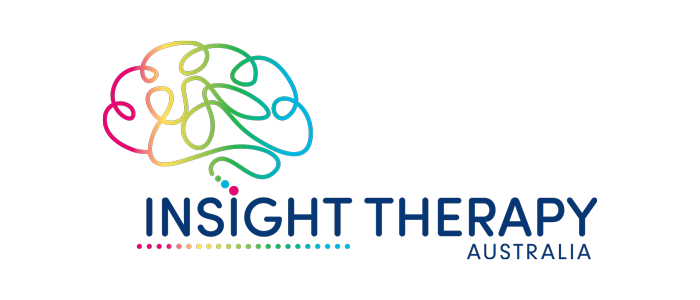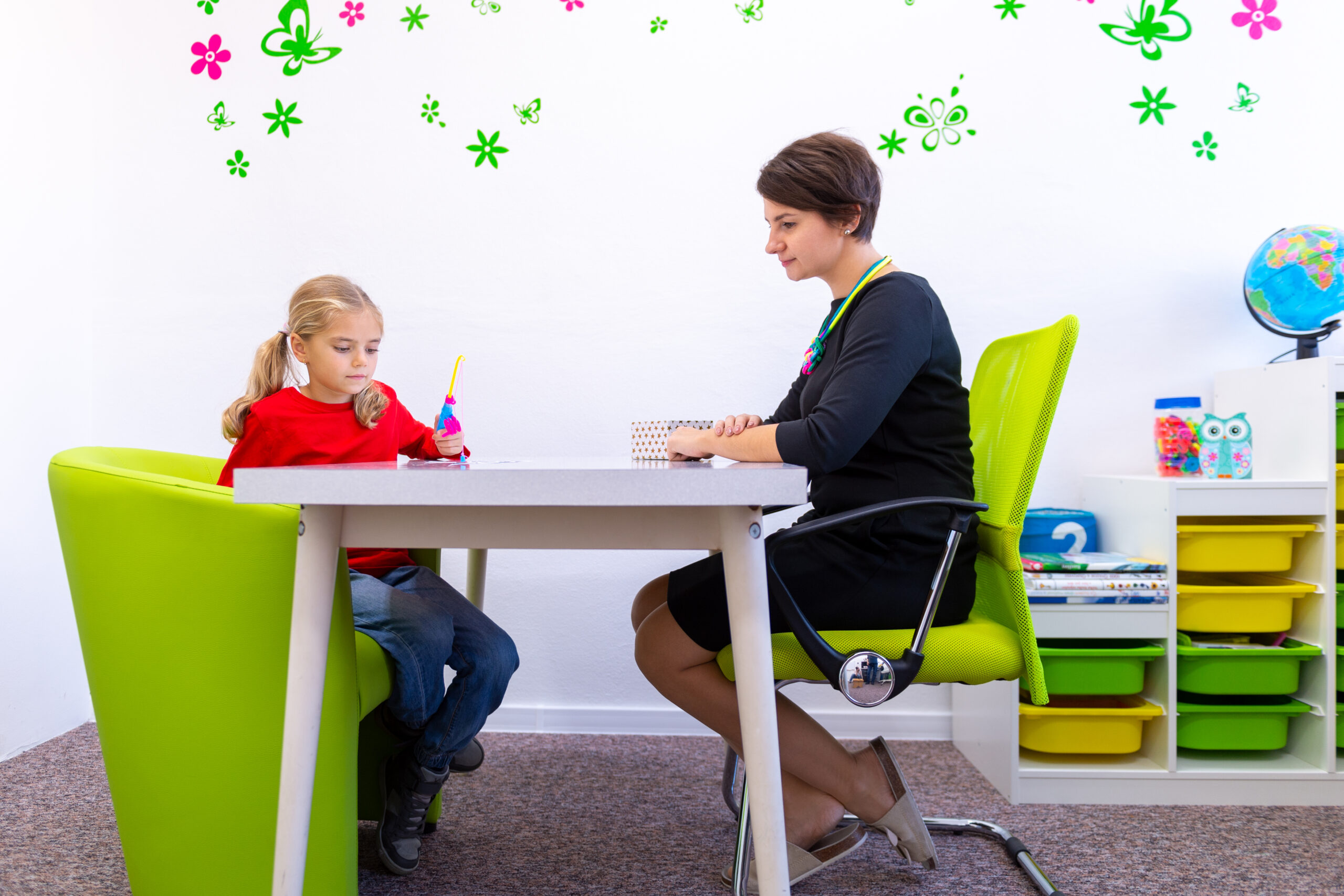Intellectual Educational Assessment
Comprehensive, Neuroaffirming Assessments to Support Learning, Development & Daily Life
At Insight Therapy Australia, we recognise that intellectual ability is diverse and unique to each child. Our Intellectual & Adaptive Functioning Assessments provide a thorough understanding of a child’s cognitive strengths, learning potential, and everyday functioning. Whether the assessment is being sought to better understand learning needs, access appropriate support services (e.g., NDIS), or explore concerns about intellectual development, our team takes a compassionate, strengths-based approach to ensure that every child is understood, valued, and supported.
Who Might Benefit from an Intellectual & Adaptive Functioning Assessment?
An Intellectual and Adaptive Functioning Assessment may be beneficial if your child is:
- Struggling to meet developmental or academic milestones and requires support in learning, problem-solving, or reasoning skills
- Experiencing difficulties with independence in daily tasks, such as communication, self-care, or social interactions
- Needing assessment for possible intellectual disability
- Requiring cognitive and adaptive assessment for NDIS funding, school adjustments, or disability support services
- Showing an uneven cognitive profile, where certain skills (e.g., memory, reasoning) are significantly stronger or weaker than others
What We Assess
Our Intellectual & Adaptive Functioning Assessments provide a comprehensive picture of a child’s cognitive abilities and daily life skills, helping families and educators better understand how to support their development, learning, and independence.
- Intellectual (Cognitive) Abilities – Assessing general reasoning skills, problem-solving, memory, verbal and non-verbal abilities, and processing speed using tools such as the Wechsler Intelligence Scale for Children (WISC-V).
- Adaptive Functioning – Understanding how a child manages daily life skills in areas such as:
- Communication (understanding and expressing language)
- Self-care & independence (personal hygiene, dressing, meal preparation)
- Social interactions & relationships (engaging with peers, understanding social cues)
- Practical skills (navigating public transport, managing money, using technology)
- Emotional regulation & coping strategies (how they handle stress and change)
Our adaptive functioning assessments use validated tools to provide a detailed understanding of how a child functions in everyday environments.
A Supportive & Child-Friendly Approach—More Than Just Testing
We understand that assessments can sometimes feel overwhelming, and we are committed to ensuring your child feels safe, comfortable, and valued throughout the process.
- We create a relaxed, friendly environment so children do not feel like they are being “tested” or judged.
- We adapt our approach to suit individual needs, including sensory-friendly settings and breaks when needed.
- We provide neuroaffirming feedback that focuses on strengths, growth areas, and practical strategies rather than deficit-based language.
More Than Just a Report—Practical, Personalised Support
At Insight Therapy Australia, we provide more than just a diagnosis or score, we offer practical, individualised recommendations to ensure children receive the right support at home, at school, and in the community.
What We Provide as Part of Every Intellectual & Adaptive Functioning Assessment:
- Comprehensive, Individualised Reports – Written in clear, accessible language for parents, teachers, and professionals, our reports can be used for school accommodations, NDIS applications, funding access, and support planning.
- Personalised Recommendations & Support Strategies – Tailored strategies based on your child’s specific profile, including:
- School-based supports (e.g., Individual Education Plans, teacher recommendations)
- Daily life and independence-building strategies
- Practical tools to enhance strengths and address challenges
- Guidance on Accessing Support – We help families navigate and access:
- Educational adjustments and learning support services
- NDIS funding and disability support pathways
- Community resources and therapy options (e.g., speech therapy, occupational therapy, psychology)
- Empowering Resources for Families & Educators – We provide practical guides, reading materials, and support strategies to ensure children receive ongoing assistance beyond the assessment.
A Strengths-Based, Neuroaffirming Approach
We firmly believe that intellectual ability is not just about test scores, it’s about understanding and supporting the whole child. Our goal is to recognise and celebrate each child’s strengths while providing the tools and strategies needed to help them thrive at home, school, and in daily life.
If you are seeking an intellectual and adaptive assessment that truly values and supports your child’s unique needs, we would love to assist. Get in touch today to learn more.

